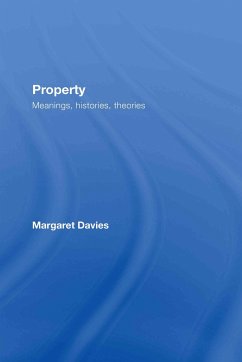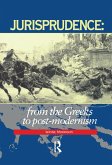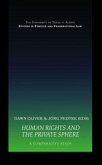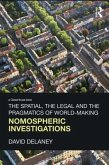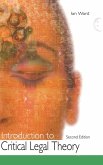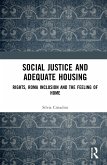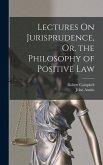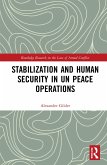This critique of property examines its classical conception: addressing its ontology and history, as well as considering its symbolic aspects and connection to social relations of power. It is organized around three themes: the ways in which concepts of property are symbolically and practically connected to relations of power the 'objects' of property in changing contexts of materialism challenges to the Western idea of property posed by colonial and post-colonial contexts, such as the disempowerment through property of whole cultures, the justifications for colonial expansion and bio piracy. Dealing with the symbolism of property, its history, traditional philosophical accounts and cultural difference, Margaret Davis has written an invaluable volume for all law students interested in property law.
Hinweis: Dieser Artikel kann nur an eine deutsche Lieferadresse ausgeliefert werden.
Hinweis: Dieser Artikel kann nur an eine deutsche Lieferadresse ausgeliefert werden.
"Property is a core concept of Western political and legal thought. Exactly what property is, how property rights can be defined and justified, and how its meaning has changed over time is a matter of significant debate. Davies (Flinders Univ., Australia) sketches out a compact, sophisticated, and often challenging discussion of property, seeking to engage the concept from multiple perspectives...the author does an excellent job addressing the complexity and multiple meanings associated with property. The feminist-property connection is especially interesting. Good for collections on law, feminism, and political theory." -- D. Schultz, CHOICE, May 2008
"... eminently readable, lucid and thought-provoking. ...anyone with even the most basic acquaintance with and interest in property theory will find it thoroughly rewarding." - Alison Clarke, King's Law Journal, Vol. 19 No. 3 (2008)
"... eminently readable, lucid and thought-provoking. ...anyone with even the most basic acquaintance with and interest in property theory will find it thoroughly rewarding." - Alison Clarke, King's Law Journal, Vol. 19 No. 3 (2008)

